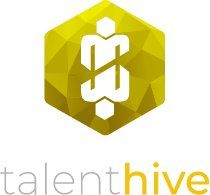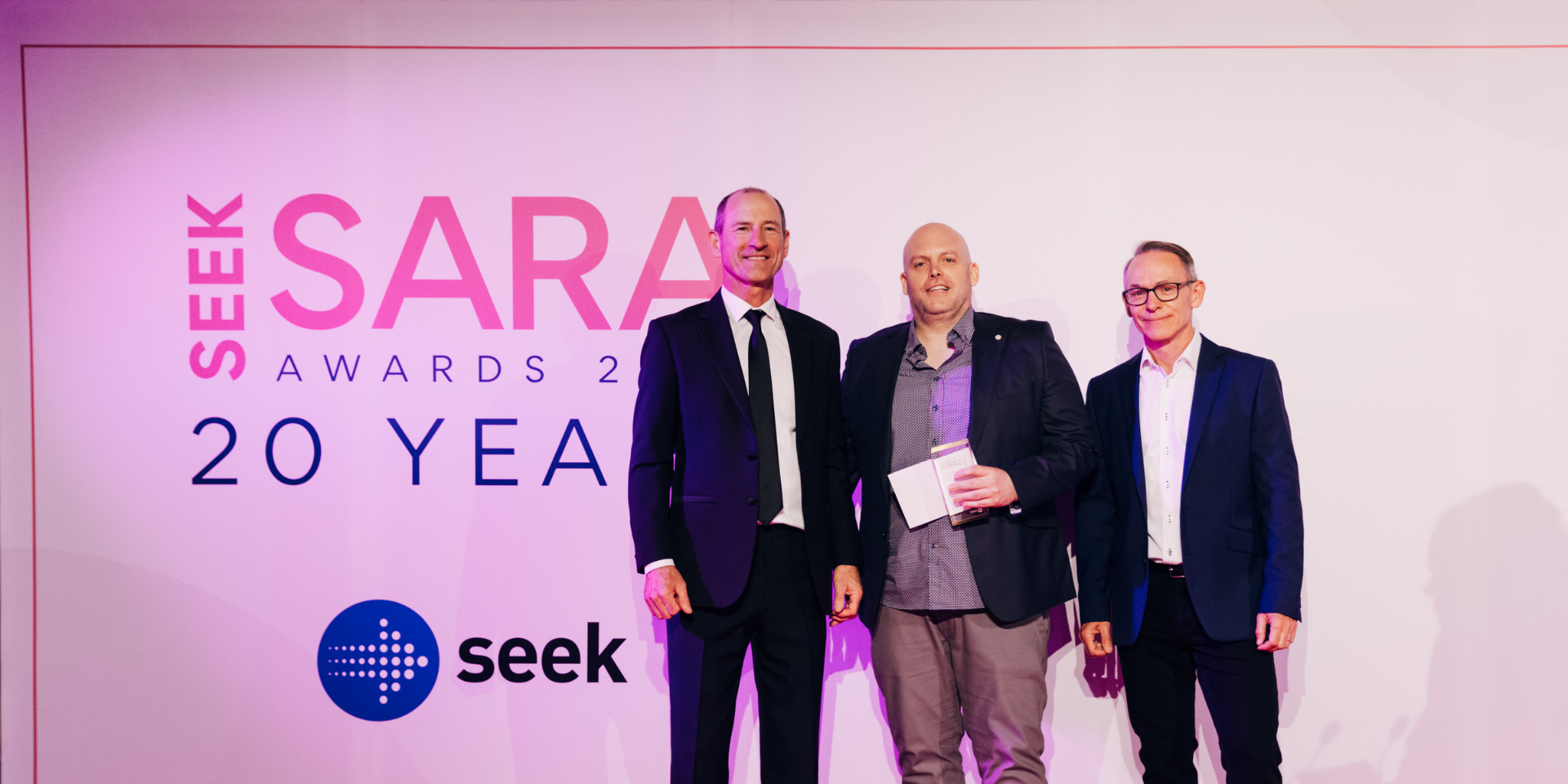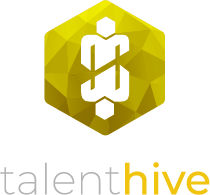9 KEY JOB SKILLS FOR THE FUTURE
Marc Denham • Sep 20, 2021
Identifying skills and qualifications that will be the most valuable in years to come
Four episodes into HBO’s latest offering, Westworld and I’m hooked. There are so many employment themes running through the show that in addition to calling it a sci-fi, western mash up you could easily throw ‘workplace drama’ into the descriptive mix as well. There’s a lot of automation and robotics in the show too, from cyborg cowboys and hookers to ‘milky machines’ that create everything that exists within the theme park. It’s an interesting take on what the future workplace might look like.
Technology and innovation have always been a driver of change and a potential enemy of the worker, but the threat of being replaced by machines is increasingly felt. Computing evolves far more rapidly than, say, improvements in mechanisation did during the 19th Century; processing capabilities have accelerated exponentially since computers first started creeping into the workplace. If you started working in an office in the 1940s, you could reasonably expect to still be using pens, paper and filing cabinets by the time you retired in the 1980s. But anyone beginning office life during the 80s has had to adapt to a total tech revolution in the intervening years.
The question facing the modern workforce is: what do we need to learn now to help us thrive five, ten, twenty years hence? We’ve identified some key skill sets predicted to be the most valuable as we move through the 21st Century:
- Self Management. The digitization of information coupled with near-universal internet access has changed the way many workers interact with their paymasters. Writers, coders, designers, developers and countless others can now conduct and communicate their day’s work from a laptop. ‘The Mobile Workforce’ is no longer bound to proscribed hours at an office location, or even to a single employer. This sea change may have a positive impact on productivity, but it requires disciplined self-management. With freelancers predicted to make up between 40-50% of the workforce by 2020, we’re taking on an increasing amount of personal responsibility for managing our work-life balance.
- Virtual Collaboration. One of the adjustments necessary for all this remote communication is a decrease in eye-to-eye meetings. The ability to work – not just productively but creatively – as part of a virtual team will be essential to your future employability.
- Data Analysis. As information mounts on hard drives and servers across the world, businesses have a staggering amount of data at their disposal. The potential for monetizing this data is huge, but not everyone knows how to use it to their advantage. If you can develop the ability to translate vast data sets into abstract concepts, you’ll make yourself a prized asset to any organization.
- Multi-disciplinary Skills. By being literate across a range of different disciplines, you can help companies adopt a more ‘joined-up’ approach. So many good ideas fall by the wayside for no other reason than a lack of understanding between departments. If you’re a web developer who also understands direct marketing, you’re more likely to spot opportunities that others miss.
- Adaptive Thinking. Frictionless problem-solving and authentic creativity relies on an open mind. The less real-world contact we have with traditional office hierarchies, the harder we have to work at connecting the dots. Bring some adaptive thinking to the table and future proof your employability!
- Cognitive Load Management. The ability to filter and discriminate information according to importance. Colloquially known as ‘sorting your priorities out.’
- Cross-Cultural Competence. In a global economy, employees need to be aware of how things are done across a range of cultural settings. In practical terms, learning a foreign language will continue to be considered a strong asset. But, at a minimum, developing an understanding of how foreign markets operate will stand you in good stead.
- Coding. The elephant in the room for technophobes, there’s no getting away from the dominance of coding. You don’t have to be fluent in writing code to be an asset (unless that’s your main job description). Understanding enough to make critical decisions and modify existing code will give you a head-start over competitors.
- Understanding Superstructured Organizations. Social technologies have been a major driver of change in the workplace, enabling businesses to operate at extreme scales that would have been beyond their means fifteen years ago. So-called ‘small businesses’ are able to Think Big – and so should you.
The future of work requires a diverse group of self-managing, technologically literate people, capable of creative, design-led thinking. Develop a range of these skills and you will remain relevant and in-demand in the modern jobs economy.
Marc is a Director of The Talent Hive and leads our IT recruitment practice. Originally from the UK, Marc has been living in Christchurch, New Zealand for ten years and working in the recruitment sector for just as long. Marc has worked as an in-house recruiter and within multinational recruitment consultancies and independent SME recruitment businesses.
At The Talent Hive we specialise in connecting IT & Engineering professionals with the right career opportunities. We encourage collaboration, socialising your success and sharing industry insight and expertise. Start the journey, connect with The Talent Hive today.

01 May, 2024
The economic conditions are influencing the contract employment landscape in several ways. Here are some of the trends Talent Hive has seen recently. Demand Shifts NZ firms facing economic headwinds are hesitant to commit to FTE hires but with projects and deadlines still to deliver on, there is likely to be more reliance on temporary and contract solutions to manage workloads in the coming months. Available Talent Although not widespread, layoffs and restructures in the Tech sector could lead to a larger pool of candidates available for temporary and contract work, and Talent Hive has seen an increase in enquiries from people looking to understand how they might set themselves up for contract engagements. This has the potential to increase competition but could also provide businesses with access to qualified talent on a flexible basis. Tech Sector Specifics We are seeing an increase in demand for contract staff recently, particularly Software Developers, Integration and Solution Architects, and Business Analysts. This upswing in demand is reflected in the recent Seek job listings data. There are 207 Contract IT/Tech roles advertised on Seek today and 23% of those contract roles have been listed in the last 7 days. 52 of the 207 contract roles advertised are for Software Eng/Developers with 30 listed ads for Contract BA’s. Wage Control In Stats NZ’s latest update, New Zealand's salary rates actually increased by 4.1 percent in the year to March. That labour cost growth slightly outstripped inflation, which was sitting at 4 percent. Contract hourly rates in the Technology sector have stabilised in recent months as hiring demand has decreased and we may even see hourly rates come back a little, particularly for role types where there is an oversupply of contract talent. Hybrid Work Trend One trend we are certainly seeing in the contract market are fewer remote work opportunities. Increasingly there is a requirement for contractors to have the ability to work some of the week at a designated office and this is restricting the opportunities contractors are able to go for. Full remote work options aren’t completely gone but they are significantly reduced. Contract candidates must be open to in-office work for at least some portion of their engagement. Overall, the current climate creates a complex landscape for both businesses seeking talent and professionals exploring temporary and contract opportunities. Success for Contractors will depend on adaptability, flexibility around rates, and contract length. Talent Hive's Value Talent Hive's understanding of the current market dynamics, along with our strong network of skilled professionals, positions us uniquely to support both clients and candidates Addressing Uncertainty: For businesses navigating hiring uncertainty, Talent Hive offers flexible staffing solutions. We have access to contract talent that are ready to fill immediate skill gaps and help organisations manage fluctuating workloads. Beyond Just Tech Skills: We understand that finding the right technical expertise is only half the battle. Talent Hive's strong connections within the contractor talent pool allow us to identify professionals who are not only technically capable but also a strong cultural and organisational fit for our clients. This approach ensures smoother onboarding and a positive impact for both the contractor and the employer. We would like to share some of the contractors we’re working with at the moment. Click below to view some of the great IT talent we're working with to find roles at the moment.
Christchurch:
2/38 Southwark Street
Christchurch
PO Box 162
8140
Powered with 💛 by Shazamme





